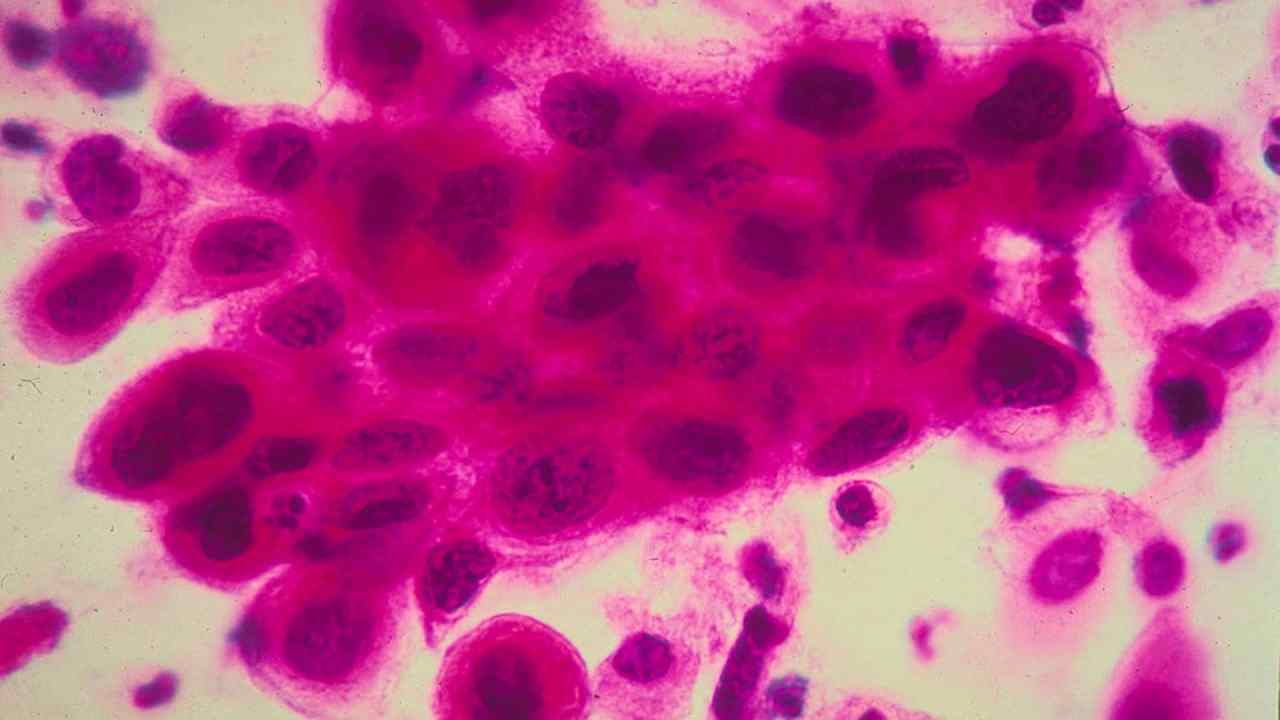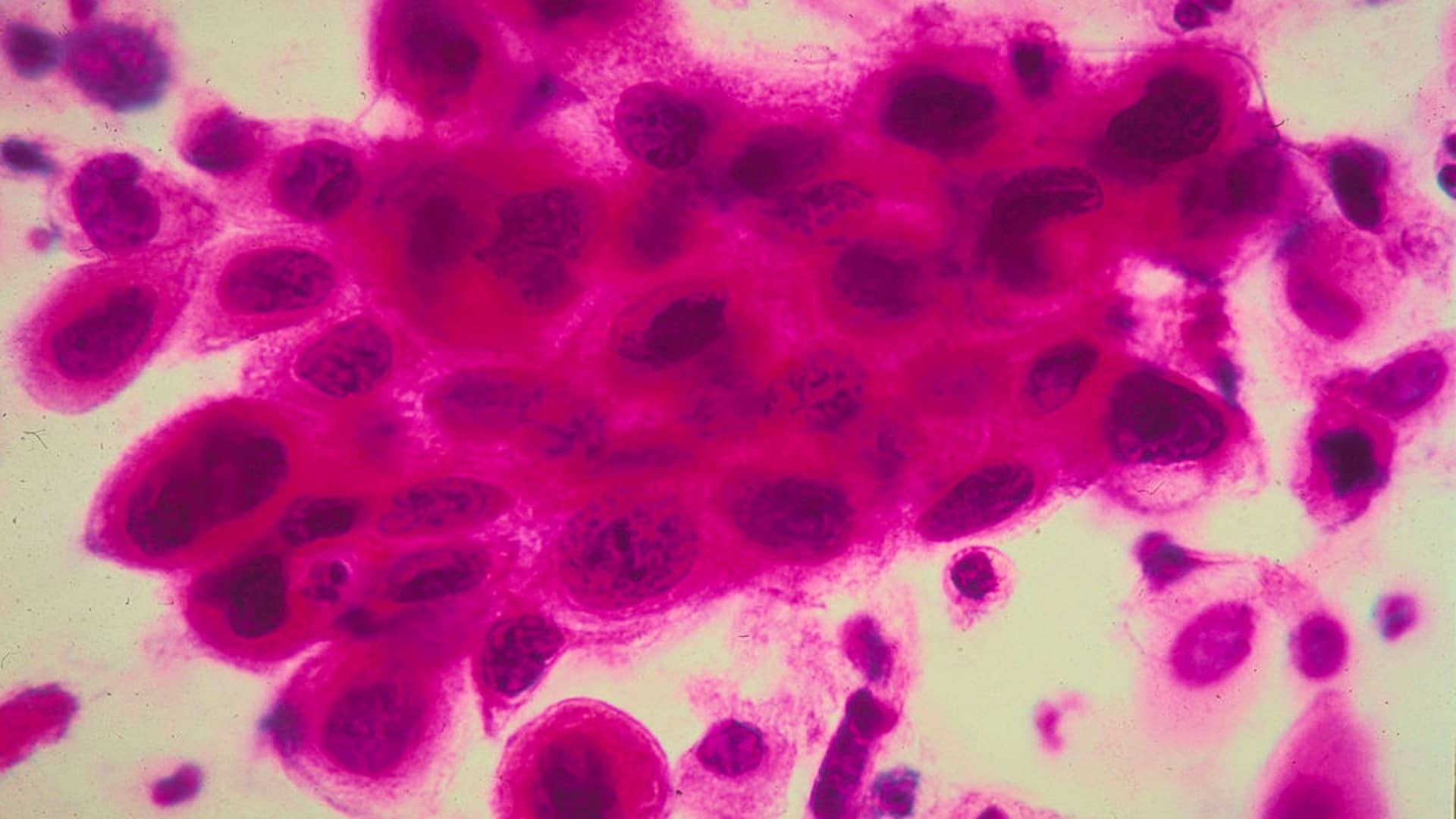As many as 100,000 patients had a cancer that was missed, or had their diagnoses or treatments delayed during the lockdowns of 2020 and 2021. That’s the shocking finding of a recent study by the Institute of Cancer Policy at King’s College London.
The experts conclude that some patients will already have died, many still haven’t been diagnosed and others will already have a more advanced cancer as a result of the delays. And it is likely this figure of 100,000 will continue to rise as more data from 2021 and early 2022 is analysed.
In other words, there could not be a more important time to fix cancer care in this country.
This week the government opened a consultation on its ten year cancer plan – part of its ‘national war on cancer’ – to reduce this cancer backlog. The plan aims to improve cancer care with earlier detection, a larger workforce and new technologies. But there are already worrying signs that the government is going down the wrong path – with potentially disastrous consequences.
A key plank of the government’s cancer strategy is to increase the number of patients that are referred to a specialist by their GP. The aim is to catch cancers earlier – and to meet a target set by the NHS in 2019 that 75 per cent of diagnoses happen before the cancer is late stage. Improving this is a laudable and important aim, but by reducing the threshold for cancer referrals the government could just be making the situation worse.
At the moment waiting times for urgent cancer referrals are increasing rapidly. Currently only 50 per cent of people with an urgent breast cancer referral get to see a specialist within two weeks. Fifteen per cent are having to wait longer than a month. If the floodgates are opened now and the number of referrals goes through the roof, this will sink an already overwhelmed workforce and mean that those most in need of urgent care will miss out.
Instead, the government should take a more targeted approach, focused on raising awareness of specific cancer symptoms. It should also remember that many cancers are found following routine rather than urgent GP cancer referrals.
Other government reforms suggest that there is still too much focus on procedure instead of outcomes.
On Thursday NHS England launched a consultation on ‘new standards’ to help diagnose cancers earlier. The proposed new standards focus on patients receiving test results within 28 days of a referral (similar targets have been in place since 2009 and are regularly missed). But until the NHS gets a grip on why these targets are failing and begins to modernise its cancer services these reforms are doomed to fail.
Part of the problem seems to be that the government either does not realise the scale of the problem or is not being open about the state of cancer care.
Last week MPs were invited to a reception in the House of Commons where they had an opportunity to review regional cancer targets. Many were surprised to find that an increasing number of patients are having to wait more than 62 days before they start treatment.
These MPs had been told by the Department of Health that there is no ongoing cancer crisis, that the backlog is being cleared quickly and that services are returning to normal. I am not sure who is currently advising the government on cancer services but the data paints a very different picture.
So what should the government be doing instead?
In May 2021, a Joint APPG Cancer Summit report was published following input from a wide range of cancer specialists, cancer scientists, professional cancer bodies and cancer charities. It calls for ring-fenced funding to develop a radical new cancer strategy with oversight by a government minister supported by an independent advisory group.
The main recommendations include supporting the deteriorating work force crisis with short- and long-term work force planning, investing in diagnostic and treatment equipment such as radiotherapy, overhauling outdated IT services and the increasing digitalisation of cancer services through innovation and new technologies. Cancer services also require an urgent boost in funding to cope with the current cancer backlog. A failure to make these reforms now will only reduce the chance of success of any future cancer plan to improve early cancer detection and national cancer survival rates.
Our cancer services are currently far from world class. If we want to no longer have one of the worst cancer survival rates of any high-income country it is essential that we act now.







Comments